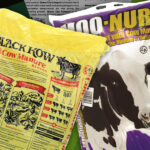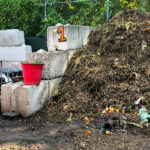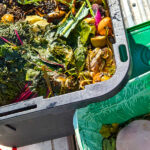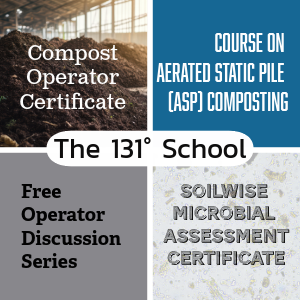Top: Monitoring and tagging recycling carts due to contamination is effective in getting cleaner streams. Photo courtesy City of Napa (CA)
The Solid Waste Association of North America’s Applied Research Foundation released a new report in September, “Best Practices for Reducing Curbside Recycling Contamination and Code Enforcement,” providing waste and recycling managers with guidance to improve recycling quality while addressing enforcement challenges. Key findings and recommendations include:
- Curbside cart tagging and non-servicing: Research shows that tagging contaminated carts combined with temporarily refusing service can reduce contamination rates by as much as 59%, with households 75% less likely to reoffend.
- Issuance of fines: While some communities use fines to deter contamination, penalties create administrative burdens and are not proven to be more effective than consistent cart rejection.
- Potential cost savings: Case studies demonstrate that investing in inspection and enforcement can generate savings by reducing contamination at materials recovery facilities (MRFs).
The report also features real-world examples from Orange County, FL; Miami-Dade County, FL; San Francisco, CA; Greensboro, NC; and Port Hueneme, CA, illustrating the range of approaches being implemented nationwide.














